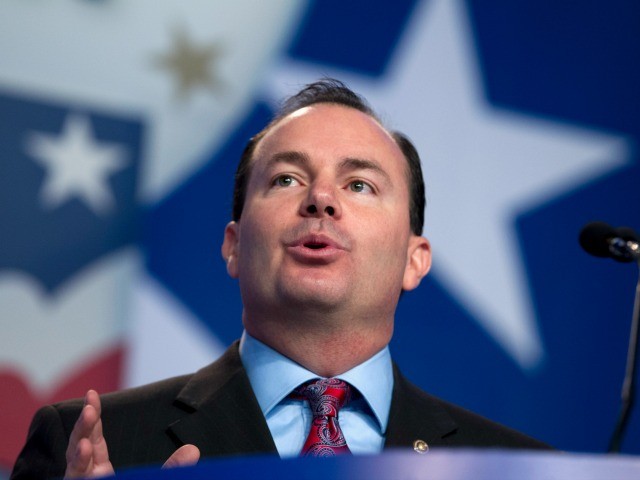Most Americans know that our revolutionary history began when a handful of brave patriots tossed crates of tea into Boston Harbor to protest unfair taxation. But what they might assume incorrectly is that our forefathers did so in response to increased taxes.
In fact, the Tea Act of 1773 actually lowered taxes on imports. What truly offended the colonists was that it only lowered them for one corporation, the politically connected East India Company, giving it an unfair, artificial advantage over smaller, local American competitors.
Thus, not only was the American idea hatched in protest to a government that was too big and too intrusive, but also protesting a government that was willing and able to unfairly benefit favored special interests at the expense of everyone else.
Today, it’s commonly known as “cronyism” and represents a uniquely malignant threat to American exceptionalism.
Cronyism simultaneously corrupts our economy and our government, turning both against the American people. It forces American families who “work hard and play by the rules” to prop up, bail out, and subsidize elite special interests that don’t. It empowers and enriches the few by disenfranchising the many.
Like a black hole, cronyism bends the economy toward the state, inexorably shifting wealth and opportunity from the public to policymakers.
The more power government amasses, the more privileges are bestowed on the government’s friends, the more businesses invest in influence instead of innovation, and the more advantages accrue to the biggest special interests with the most to spend on politics and the most to lose from fair competition.
But once profits depend on serving congressmen instead of customers, the interests of the elite diverge from those of the nation.
Cronyism has created a warped economy, increasingly built on connections instead of competitiveness. We see corporations posting record profits and jaw-dropping gains among elites, but slow growth, stagnant wages and limited opportunities for everyone else. Except, of course, in the Washington, D.C. area, home to six of the ten wealthiest counties in the United States.
That is not to say that anti-cronyism should be equated with – or descend into – the cheap, ugly populism of class warfare. We want successful Americans to succeed. All we ask is that they earn their success on a level playing field, subject to the judgment of the market – as truly successful Americans always have.
Cronyist policies come in many shapes and sizes, but the upshot is always the same: making it easier for favored special interests to succeed and harder for their competitors to get a fair shot.
There are direct subsidies, like those that are supposedly necessary to protect family farmers but overwhelmingly go to the top 10% of recipients.
There are also indirect subsidies, like the loan guarantees issued by the Export-Import Bank, which unnecessarily risk taxpayer money to subsidize well-connected private companies that are perfectly capable of securing private financing anywhere in the world.
There are complicated tax code carve-outs and loopholes, as well as complicated regulations, which are all tools the government uses to collude with big business to erect giant walls that guard against free-market competition.
And then there is Obamacare, truly a cronyist virtuoso’s masterpiece.
The president’s signature achievement privileges certain corporations by penalizing Americans who don’t buy health insurance from them, subsidizes the purchase of those products, protects those corporations from true price competition and market innovation, exempts special interests like labor unions, government employees, and large corporations from various mandates under the law, and may even guarantee those corporations’ survival — even if they lose money — through an open-ended taxpayer bailout.
Cronyist policies violate the conservative principles of free enterprise, equality of opportunity, and the rule of law. It’s time we stand up for economic fairness and fight back against special-interest privilege.
For three years now, establishment leaders have challenged anti-establishment conservatives to accept political reality, engage the politics of addition, and produce a viable plan to make principled conservatism appealing and inclusive — to grow our movement into a majority.
Well, here it is: a commitment to economic fairness and competition at the top of our economy to help restore jobs, growth, mobility, and opportunity to the poor and middle class.
There is a direct line from our forefathers on Griffin’s Wharf in Boston Harbor to where we stand today. They had the courage to challenge a government that was too big and too intrusive, but also unfair. The result was the creation of an America of, by, and for the people. Our challenge today is to reclaim it.
Mike Lee is a U.S. Senator from Utah.

COMMENTS
Please let us know if you're having issues with commenting.